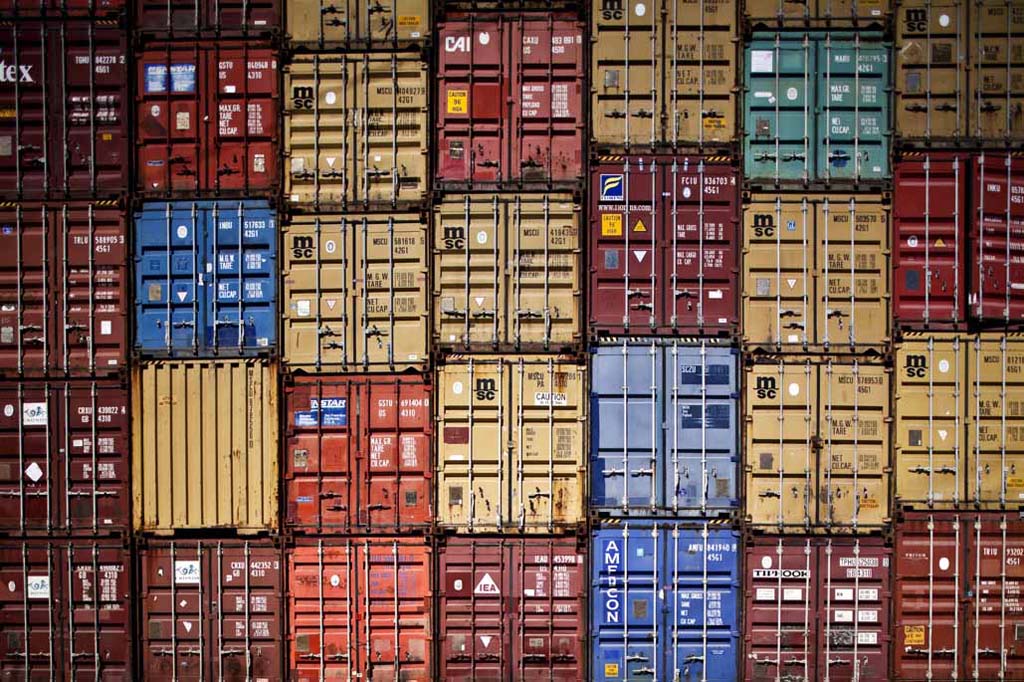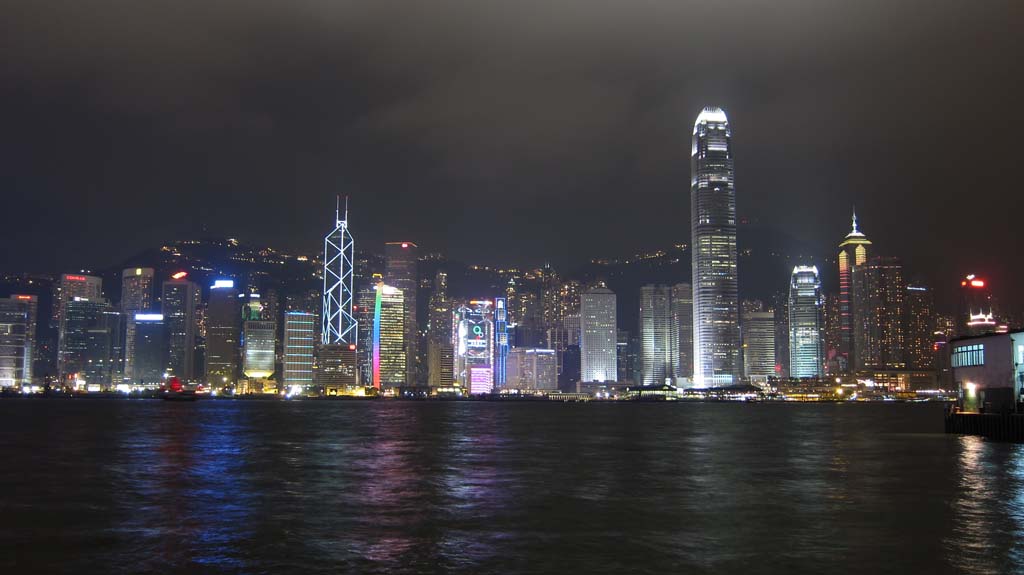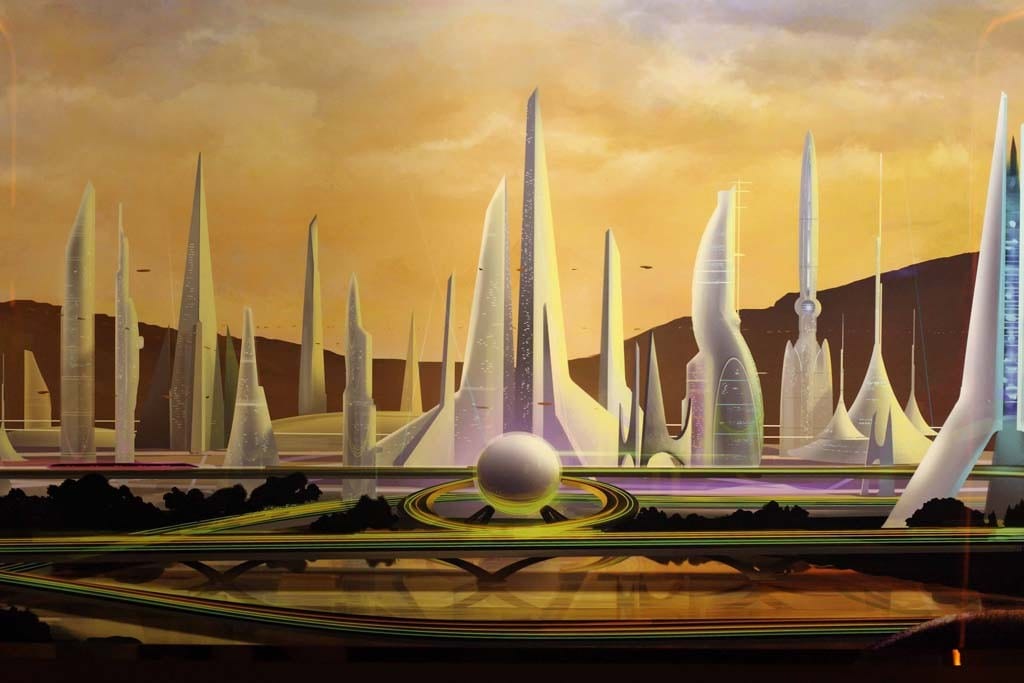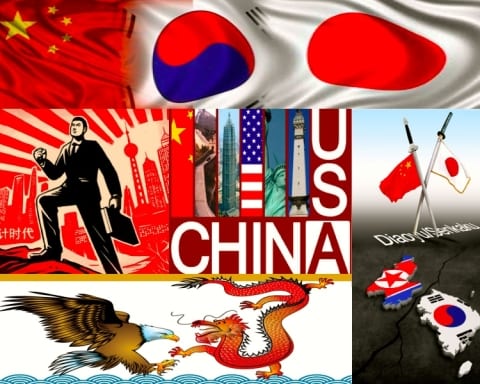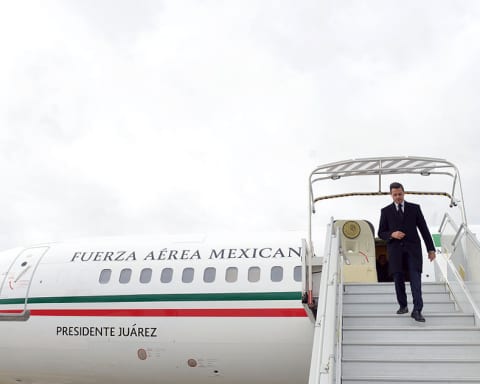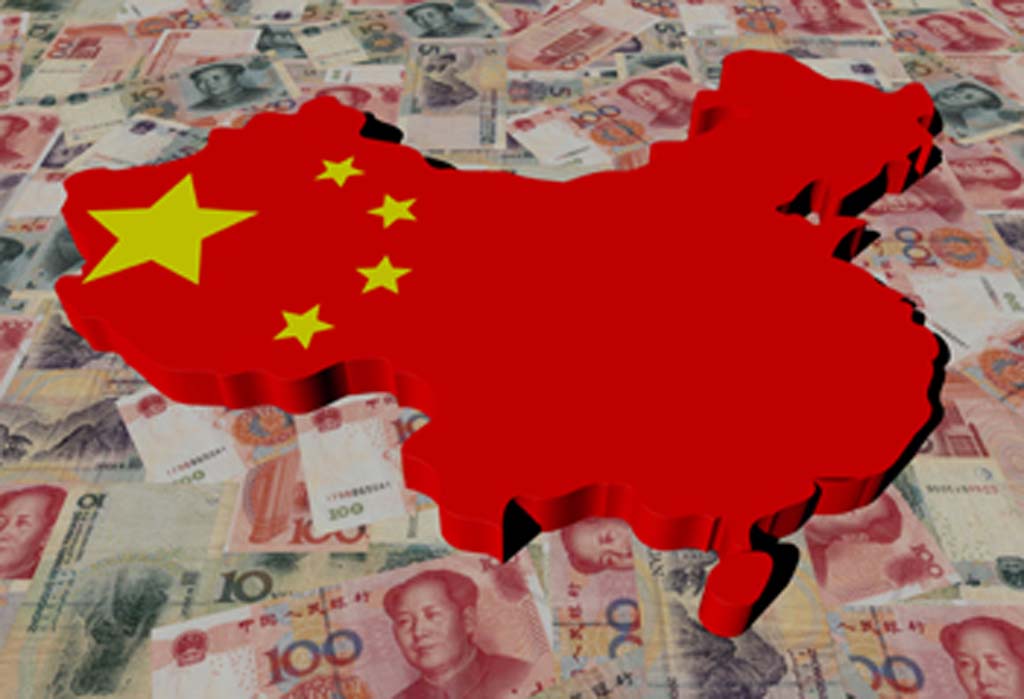Multilateralism was believed to have returned from the grave, when delegates to the World Trade Organization (WTO) bragged of the Bali deal, the first fruit to be reaped out of the long-deadlocked multilateral trade negotiations in December 2013. The resurrection of the Doha round of international trade talks was indeed quite a surprise to those who already promulgated the end of multilateralism. Doha negotiations, initiated in 2001, were suffocated owing to the conflict of interest among WTO members in intractable issues such as agricultural subsidies, intellectual property rights and trade in services. They also experienced the collapse of talks in 2003 and 2008. In 2012 however, the flame of multilateral negotiations was rekindled as the WTO endeavored to simplify the agenda and channel the focus of talks into “trade facilitation”, i.e. the cutting of red tape in customs procedures, which was predominantly supported by the members. When the Bali package was signed in late 2013, a rosy future of multilateralism was sketched out with optimistic economic estimates—for instance, the Peterson Institute for International Economics forecasted that trade facilitation would generate 21 million jobs, particularly in less developed nations, and could increase developing countries’ annual output by $523 billion, tilting the playing field of world trade to the advantage of underprivileged countries.
The banquet for the revival of multilateralism was soon called off when India, claiming itself as a torch-bearer for Third World countries, scuppered the Bali deal in July 2014. India’s backing-out was due primarily to its “food security” laws and domestic politics. Responding to recent food price fluctuations, India planned to implement a series of policies to ramp up agricultural production via farming subsidies. Such growing subsidies were likely to run afoul of the WTO legal principle—for example, trade-distorting subsidies to farmers in a developing country cannot exceed 10% of the total value of its harvests. Highlighting the significance of food security, India has insisted on a change in the multilateral trading system. Succumbing to pressure, other WTO members were willing to make concessions to India by including a four-year “peace clause” that would have exempted its food security measures from challenges in the WTO. However, the new Indian government was unsatisfied with this offer and halted the Bali deal, demanding a permanent solution for agricultural subsidies in developing countries. It is unfortunate that India’s stiff opposition to the Bali package is likely to deliver a fatal blow to most of the developing countries, as most of the benefits from the trade facilitation deal would be concentrated in impoverished nations.
What is even more concerning is that a continuing failure to reach a consensus on a multilateral trade deal would eviscerate the world trading system and question the WTO’s raison d’etre. Difficulty in gathering a consensus among the WTO members is attributed to the WTO’s “single undertaking” approach, in which nothing is accepted until everything is agreed. In turn, making progress is extremely challenging without resolving some of the inflexible trade issues. Furthermore, the eclipse of the multilateral trade system reflects a shift in the economic balance of power. Flexing their newly found muscle in the economy, emerging market economies (EMEs) are stalwartly voicing their opinions and are often demanding exemptions in negotiations with industrialized nations, which are reluctant to give ground. EMEs also call for protection from each other, China in particular. Limits of the “single undertaking” approach coupled with rising demand from newly emerging stakeholders have outshadowed the prospect of multilateralism and, in turn, have spotlighted regional trade deals as an alternative.
Fatigued by lack of progress on a multilateral deal, many of the rich nations arm-twisted their way with mega-regional trade agreements (RTAs), including a Trans-Pacific Partnership (TPP) and a Trans-Atlantic Trade and Investment Partnership (TTIP), blazing an alternative path for trade liberalization. TTP and TTIP, accounting for half of the global trade, aims not only to ensure comprehensive duty-free market access but also to incorporate “21st-century” aspects of “behind-the-border” issues, such as intellectual property, labor and environmental standards and government procurement. Witnessing a shift to a more fragmented world trading system and recognizing difficulties in reconciling with the US-led “behind-the-border” liberalization, countries like China and Russia attempted to entrench their own regional trade blocs. China, for example, has been vigorously pushing various bilateral trade deals. It also participates in the Regional Comprehensive Economic Partnership (RCEP), whose members are comprised of ASEAN countries, Australia, India, Japan, New Zealand, South Korea and China. Evidently, a growing number of RTAs are apt to serve as a substitute for, not a complement to, multilateralism. This therefore poses an existential threat to the multilateral trading system. Now it is time for us to hearken to Arvind Subramanian of the Peterson Institute’s warning that “multilateral trade as we have known it will progressively become history.”
